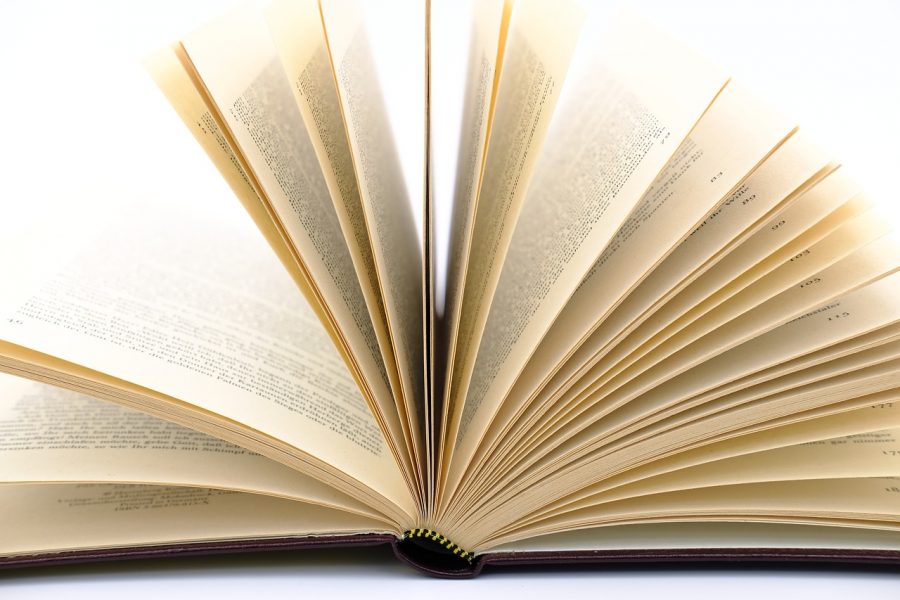The Decline of Reading
October 30, 2021
Throughout the day we involuntarily read things. Reading is a declining urge in everyday life. Literacy efficiency among high school students is lower than in past generations, which is harmful to academic performance and general life experience.
While it isn’t the sole cause, increased online time is one of the reasons why reading ability is worsening. Jean M. Twenge found that, “Compared with previous generations, teens in the 2010s spent more time online and less time with traditional media, such as books, magazines and television.” People’s attention spans have shrunk over time.
In 2015, Minnesota’s Northfield Public Schools required that all juniors take the ACT, and the scores were astonishingly low. Almost half of the students didn’t meet the benchmark score of 22 out of 36.
This failure is said to be the result of students’ speed and efficiency being much lower than it was fifty years ago. A Reading Plus-sponsored study used eye-movement recording technology, similar to a study conducted in the 1960s, to read an article appropriate for their grade level and answer ten questions about it. Students in the 1960s and today read at the same level in second grade, but when evaluated in high school, their scores diverged dramatically. When compared to the 1960s, there was a 17% increase in word fixations in the present.
Reading strengthens the mind, which improves linguistic abilities. Reading for leisure has been plummeting in recent years, this is demonstrated in test scores. Reading is fundamental and being poor at it hurts you in more than one way.

